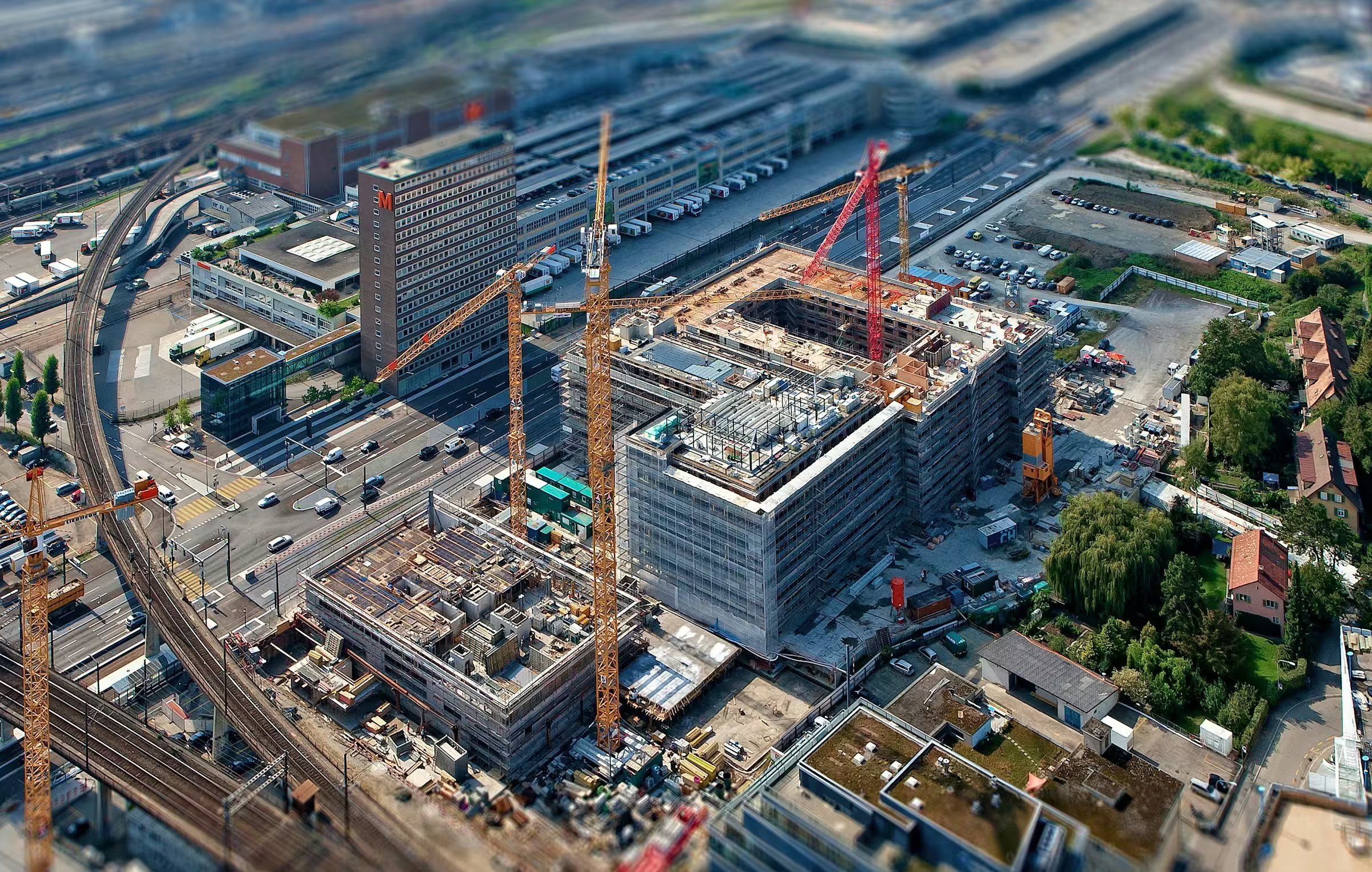Revisiting Mass Entrepreneurship

In 2019, National Mass Entrepreneurship and Innovation Week was held in Hangzhou. The main venue and exhibition hall were set up at the Future Sci-Tech City Academic Center, a striking new complex that had just been completed a few months earlier. Two hundred meters from the main hall stood Dream Town, the launchpad for countless Hangzhou startups. Just two kilometers to the southeast was the Alibaba campus, the benchmark many founders look up to.
Startup trends change every year. This year’s themes were autonomous vehicles, AI+, and rural revitalization. The exhibiting companies broadly fell into three groups. First were university incubator projects, rich in technology but still some distance away from commercialization. Second were new business lines spun out of large enterprises. Third were independent startups, many of which showcased projects with strong social impact.
While standing next to Baidu’s self-driving car, I overheard a visitor sigh, “Elon Musk has moved on to building rockets, yet we’re still chasing electric cars. When will we move from following to leading?”
Leading matters, but survival matters even more.
Dream Town used to be the bellwether for Hangzhou entrepreneurship. Three years ago it was jam-packed: shared workspaces were oversubscribed, startup events were nonstop, and even the cafés had no empty seats. At this year’s event, Mr. Li once again emphasized that employment is the biggest livelihood issue and that mass entrepreneurship and innovation are critical to job creation. Under a grim economic outlook, startup business development keeps getting harder. Founders have realized that crowded coworking spaces come with high rents and little help for growth, so many have quietly moved their teams into nearby office buildings. Three years later, Dream Town has become much quieter.
Perhaps we are now physically farther away from Jack Ma, yet spiritually we may be closer to the goal.
Published at: Jun 14, 2019 · Modified at: Nov 20, 2025


